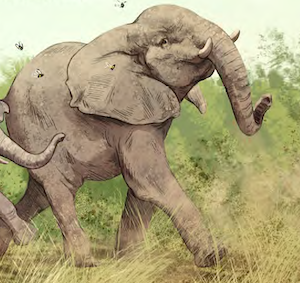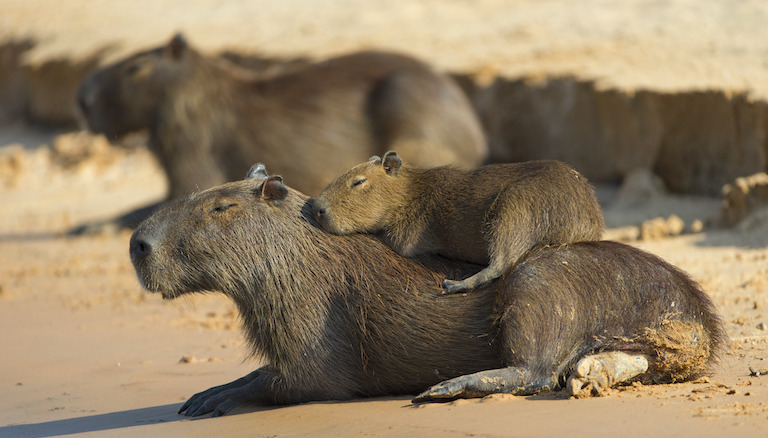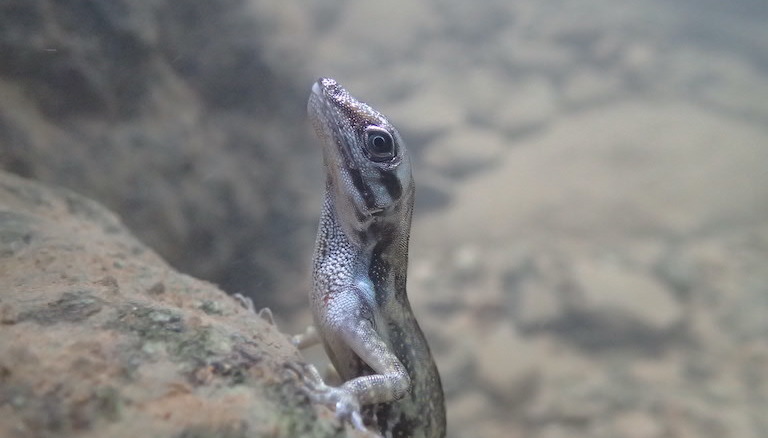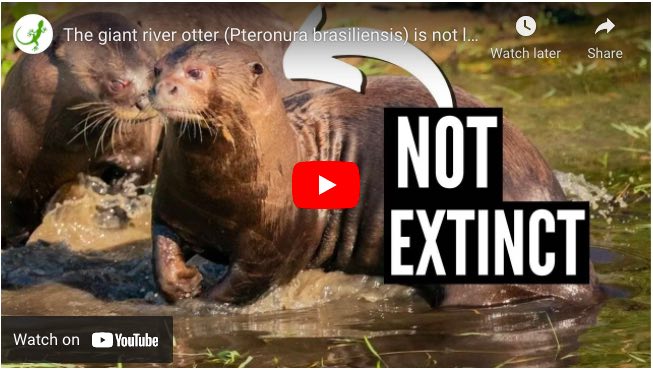Alice Ruhweza is from Uganda, a country in East Africa. She works for a conservation organization called the World Wildlife Fund (WWF, for short) as the Regional Director for Africa. Alice is interested in sustainable development and conservation. Her job is to help make decisions that balance the needs of people and the environment.
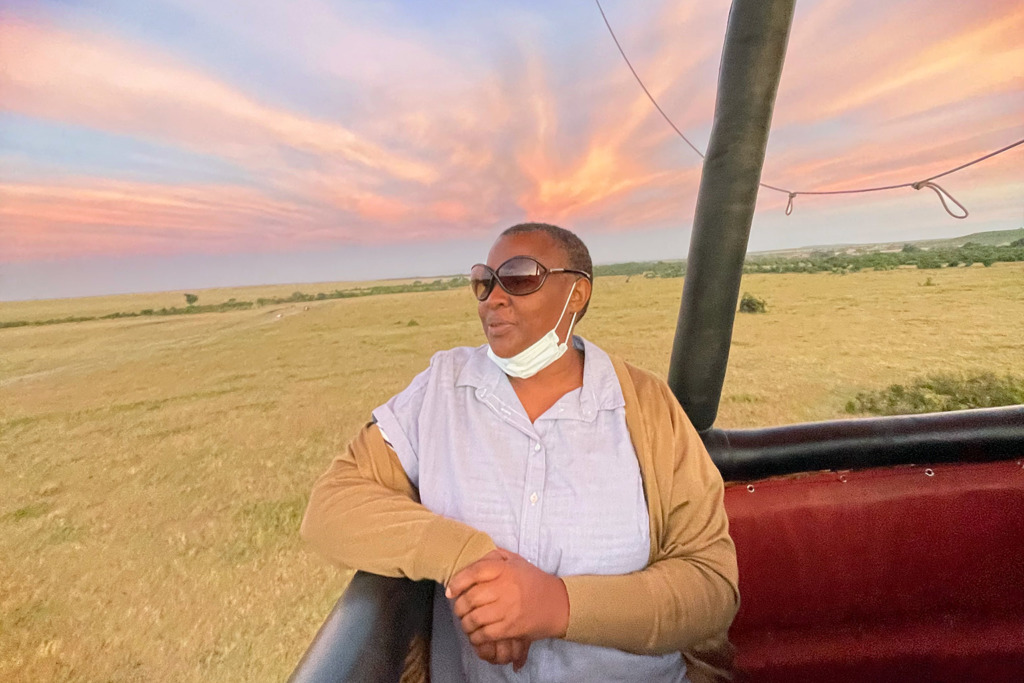
Alice grew up around wildlife. Her father was the Chief Game Warden in Uganda. He was in charge of wildlife and protected areas across the country.
He taught Alice all about animals – about their behaviour, habitats, and ecology. He often showed her the animals at the zoo in Entebbe, where he worked.
Alice: The one animal we were always curious about was the lion, or Entale in our local language.
… These experiences were pivotal [very important] for me, and formed the foundation for my life long interest in nature and conservation, and the importance of both to local communities.
In places like the United States of America, the United Kingdom, or Australia, Africa brings to mind images of charismatic (charming and appealing) big animals like lions, elephants, giraffes, and cheetahs. But Alice points out that Africa is home to so much more environmental splendor.
Alice: … Africa has some of the most awe-inspiring assemblages [groupings] of large terrestrial [land-based] mammals anywhere on Earth. But conservation in Africa is so much more than that.
Conservation in Africa is also about forests, and rivers, wetlands, mountains and deserts. It’s about the world’s second most important collection of tropical reefs and astonishing freshwater biodiversity.
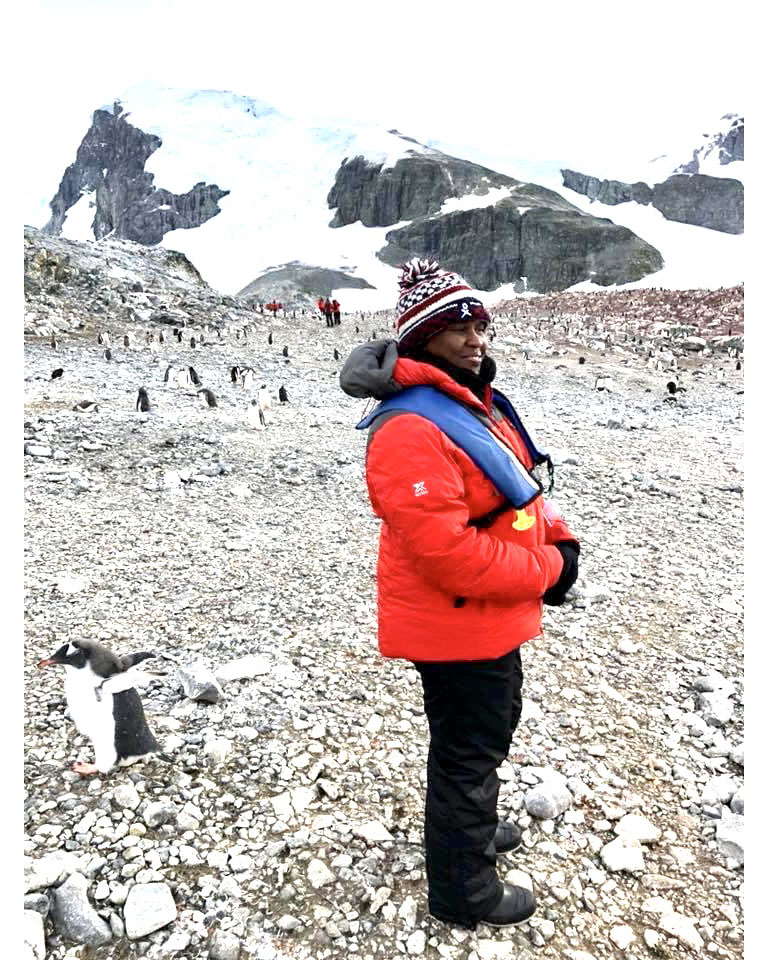
Alice’s job involves protecting ecosystems and people too.
Alice: … Conservation in Africa is about people. As the home of humankind, Africa and its ecosystems have evolved together with people. More than just being critical components of ecosystems, over 50% of people in Africa depend directly on nature for their livelihoods [way of living].
… Indigenous peoples and local communities around the world have been stewards [caretakers] of the world’s most precious places such as forest, grassland, savanna, wetland and ocean for decades.
But today, many of these places are threatened by the global demand for oil and minerals and destructive development in general, which is equally threatening indigenous cultures and traditions.
Conserving those places means recognizing Indigenous peoples and local communities as their rightful custodians and supporting their efforts to decide how to manage their land.
Alice believes that conservation “is the career of the future” and that young people can help make a difference and improve our environment.

